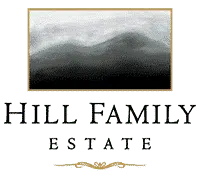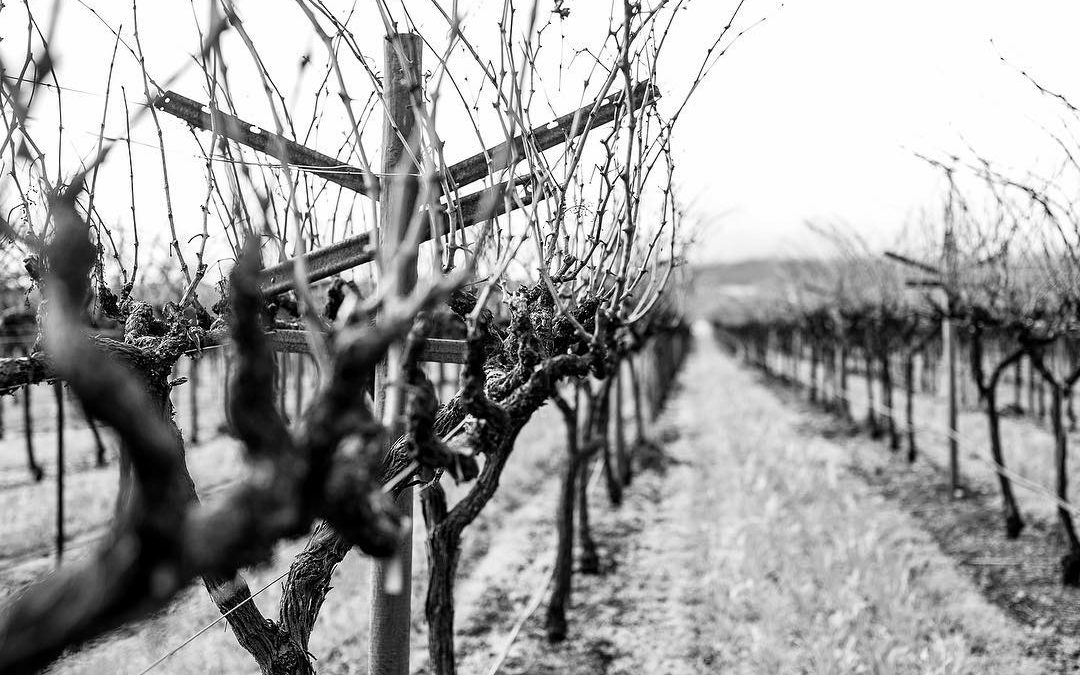It seems that only a few weeks ago the Napa Valley wineries were resplendent in autumn foliage. Now, with cold night temperatures and the help of a few storms, the vines have definitely embarked on their long winter nap. The grapes have been picked, crushed and fermented, and the vines have shed all of their leaves. Without leaves, the plants are no longer producing carbohydrates, so the plant goes into its dormant season.
While the vines essentially sleep all winter, the human work in the Yountville vineyards continues. While there are different tasks for different vineyards: some will require the planting of cover crops, others will not; some will need repairs to their irrigation systems; some will require problem vines to be removed and replanted; all will need pruning.
Pruning is one of the most important tasks a winegrower will undertake all year. For one thing, the training of the vine, whether it is cordon-trained or head trained, lyre-trained or VSP (vertical shoot positioning) trained, requires some human intervention during the winter. Because the buds for the next two seasons are already in position, careful pruning is essential to maximize cluster potential. In some cases, to improve the fruit, the potential is reduced to emphasize quality over quantity. A careless pruning can cost the winegrower for two years, so it is essential that highly trained and skilled vineyard workers carry out this crucial task.
While extreme cold can damage vines, we are blessed with a climate that does not go into the depths of freezing. In some parts of the world, the vines have to be buried to preserve them from aggressive cold. While frost is a concern in Napa, it is only a worry for us after budbreak, when the tender new growth emerges from the woody parts of the vine. Come spring we will need to be vigilant for late frosts (and when we get closer to that we will write about what can be done in the vineyard, to whit, “what are those fans for in the vineyards?”), but not being in Minnesota has its advantages. True, we don’t have ice fishing, but we do not need to take the precautions against deep freezes that more continental climates demand.
So, when you travel through the Napa Valley, you can look out at the bare vines in their slumber and can contemplate the dreams of delicious Hill Family Estate merlot and cabernet sauvignon that they might be having. The good news is that you don’t have to whisper or tiptoe. They will not wake up until the warmth and light of the sun wake them up for another exciting growing season!

